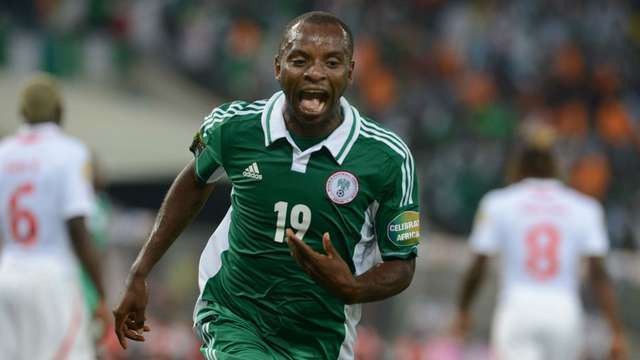Mexico's debut in the Concacaf Nations League on Friday may look like some fans' – and even some past Mexico managers' – worst nightmare.
El Tri will be taking on a team full of players few people have heard of in a country few people can find on a map in a tournament they know nothing about.
This is not an away match against one of Europe's finest teams, the kind of game that would give El Tri players competition and experience they could directly apply in World Cup matches three years from now.
But it's what Mexico has in front of it, and current manager Tata Martino has devised a strategy that not only should lead to success for Mexico in the short term but also should yield fruit in the future.
It's important to remember Friday's match will be no day at the beach (with all respect to the surely beautiful beaches of Bermuda). Bermuda has many players who have been playing together for nearly their entire careers (dating back to the days of the Bermuda Hogges PDL team), with forward Nahki Wells in excellent form heading into the match.
Fans may have scoffed during the Gold Cup when coach Kyle Lightbourne warned Panama and Mexico not to take them lightly in CNL play, but they won't be laughing now that the Gombey Warriors went to Panama City and knocked off Los Caneleros on the road.
Puzzlingly, the win in Central America was a much stronger performance than the one delivered in Hamilton days earlier, but nevertheless it means Mexico's two group rivals split their series and each will see a path to win the group or finish in second place and earn the automatic Gold Cup qualification that comes with it.
For Mexico, the goal is to win the group, then win the finals of the new competition, set to take place in June 2020. Yet, can Mexico accomplish that with players currently seeing minutes in the region's strongest domestic league? The answer likely is yes.
So, why wouldn't Martino want to give some of those players a chance to feel what it's like to play at the international level?
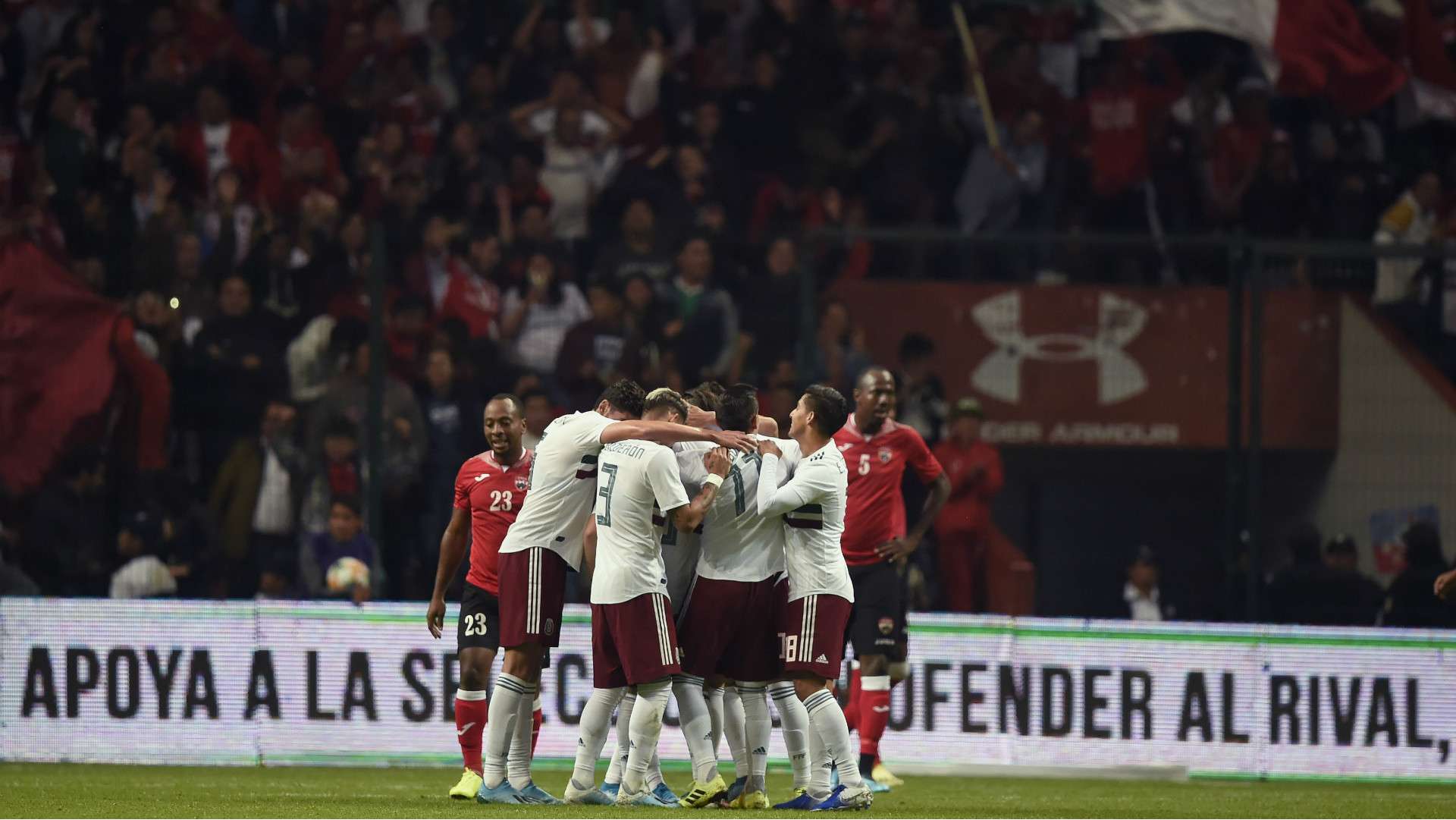 Hector Vivas
Hector Vivas
Even against Panama next week, there will be some players who plenty of El Tri fans aren't familiar with playing meaningful minutes. That said, Martino still wants to win games. He's not going to put an entire roster of U-23 players out against senior national teams, especially against a Panama team that was at the World Cup last time around.
That's why he's still bringing in veterans like Atletico Madrid midfielder Hector Herrera and Napoli winger Hirving Lozano, both of whom were at the last World Cup.
With a lack of depth at center back, Celta de Vigo's Nestor Araujo and Tigres' Carlos Salcedo are back for a do-over of sorts after falling well short of the needed standard against Argentina in Mexico's last full international match.
The idea is to blend players who are going to be part of Mexico's near-term future with those who may be involved farther down the road.
Lozano is only 24, but he has plenty he can teach the other wingers in camp, not only about taking on a defender one-on-one but about how to move to Europe at the right time, what's expected of you in a top-four league or even just motivating with an encouraging word from a player who has scored at the World Cup.
This roster is young, but it doesn't make sense to completely abandon experience.
"We don't have to go crazy asking for (generational) change," Martino said after a friendly victory over Trinidad and Tobago last week. "In the senior national team, we also have a lot of young players who could play in the Olympic games who are regularly coming in to play with us, and this group also can be important for the national team."
Monterrey midfielder Carlos Rodriguez, LA Galaxy winger Uriel Antuna and Cruz Azul midfielder Roberto Alvarado all fit in that category, having helped Mexico win the Gold Cup and now finding themselves in Martino's squad for these matches even after the manager said he would use the window largely to evaluate players who weren't part of that tournament.
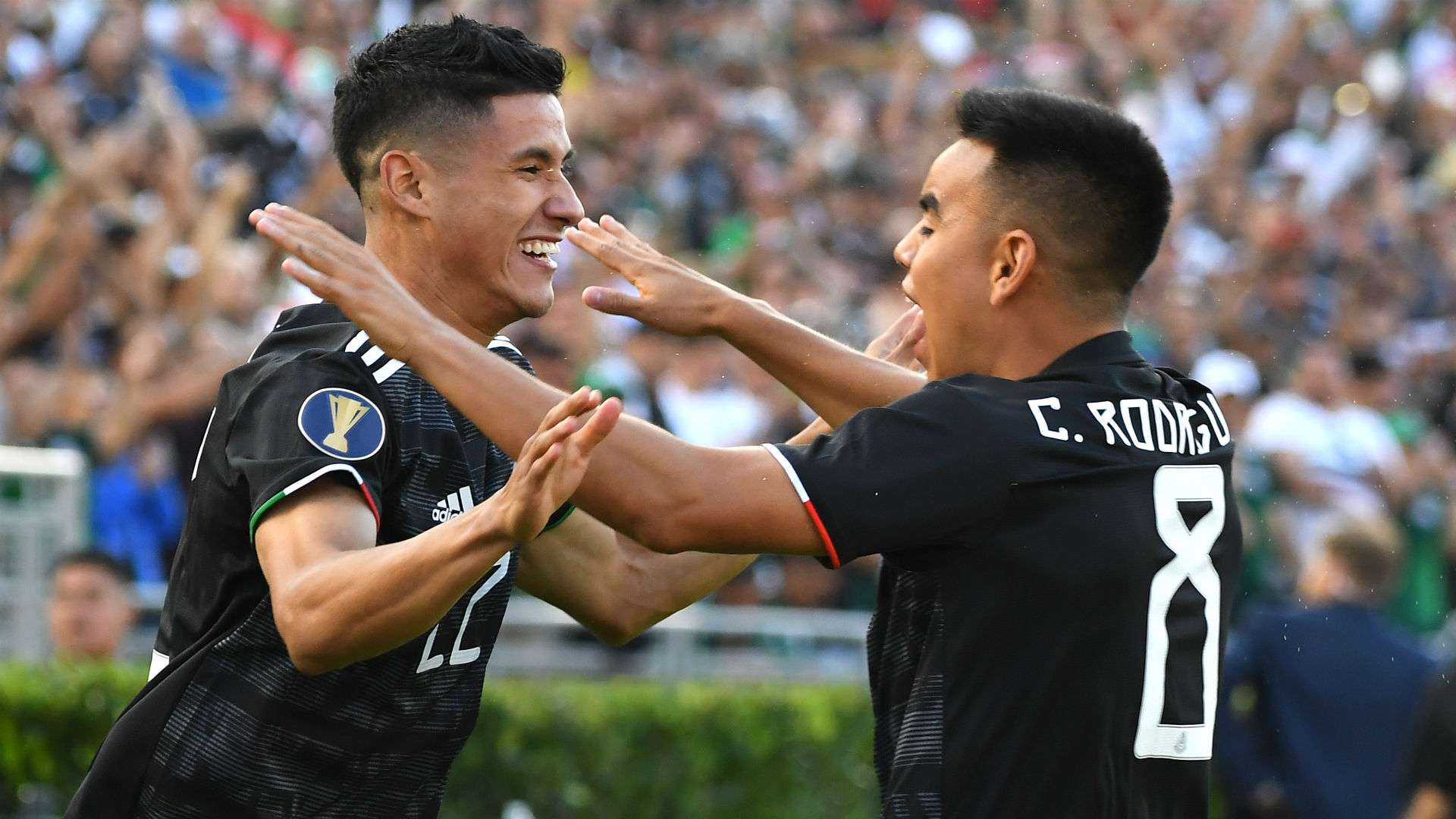 Jayne Kamin-Oncea
Jayne Kamin-Oncea
It's worth remembering that Martino's biggest frustration as Argentina manager, the one that led to the split between him and the federation, was not about losing consecutive finals or about Lionel Messi's desire or lack thereof to suit up for the Albiceleste.
It was about not being able to convince clubs to release young players and allow them to train ahead of the Olympics. With regular mini-camps and last week's friendly, which fell outside of the FIFA window, it seems Liga MX clubs improbably are playing nice with Martino and the federation.
"It's a chance that we are given, fundamentally because of the club's willingness to let us work with the players, be able to see them, to train," Martino said. "We had three weeks of the training process and were able to close it out with a game, which for a national team manager is a situation you can't make any better. We really value it."
In addition to around half of this roster being eligible for the Olympics, there also is a U-22 camp being led by Jaime Lozano with a pair of friendly matches against Argentina's U-22 coming this window.
Martino is working closely with the former Queretaro manager to make sure he has the best players possible for the pre-qualification tournament and that those players come in understanding what it means to be an international player.
With Nations League games, he's been handed a chance to give these players a taste of the senior squad without marginalizing the established players in the team or putting up-and-comers into situations for which they're not ready.
The Olympic gold medal in 2012 still stands as one of the biggest achievements in Mexican football. With Martino's approach of mixing youth and experience for the Nations League, Mexico will be able to compete for a medal once again, but perhaps this time extend the success beyond a simple moment in time.
That team had talent, but too many of the names on the roster flamed out rather than contributing to Mexican football in a meaningful way long-term. The Nations League might not be what Mexico wants, but it could be what Mexico needs to change things up this time around.
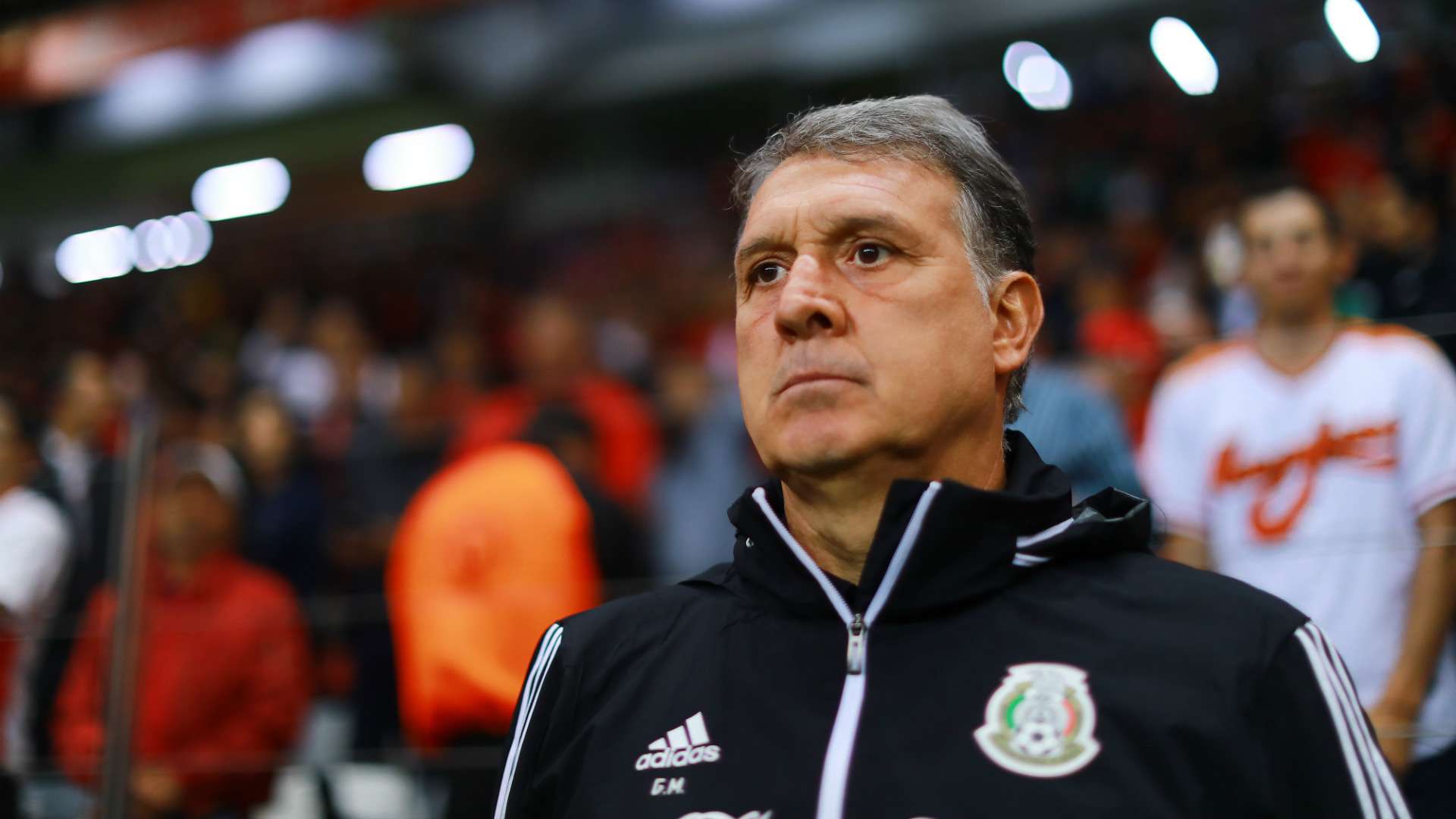
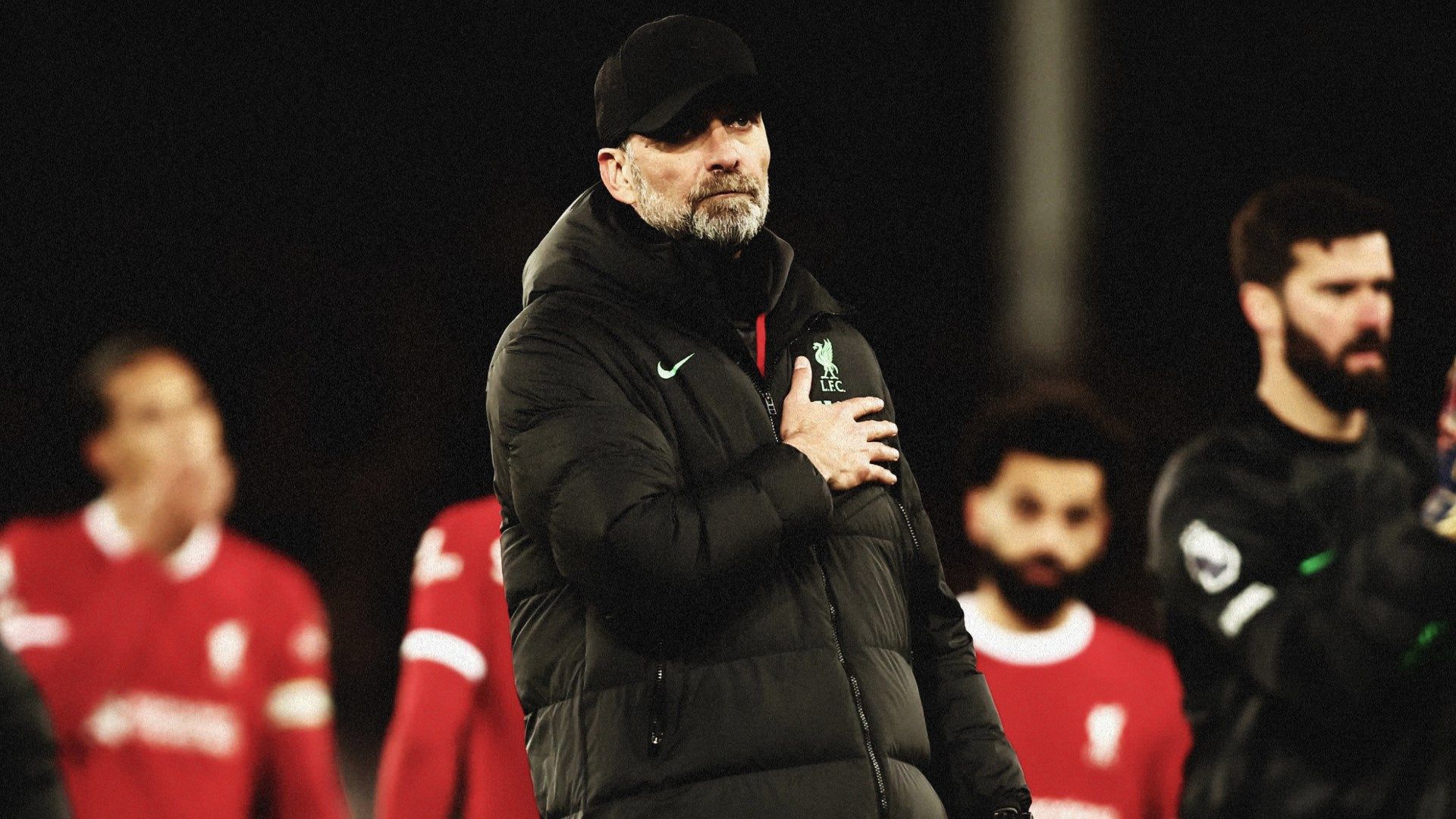.jpg?auto=webp&format=pjpg&width=640&quality=60)
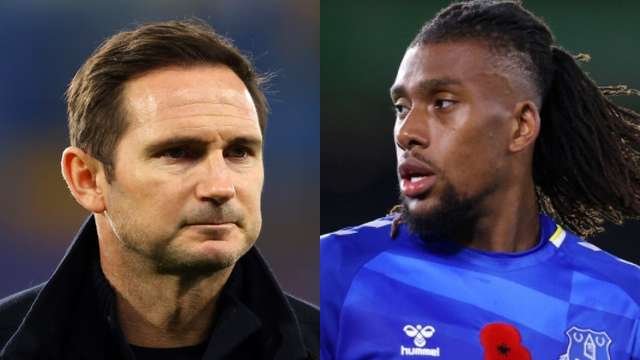
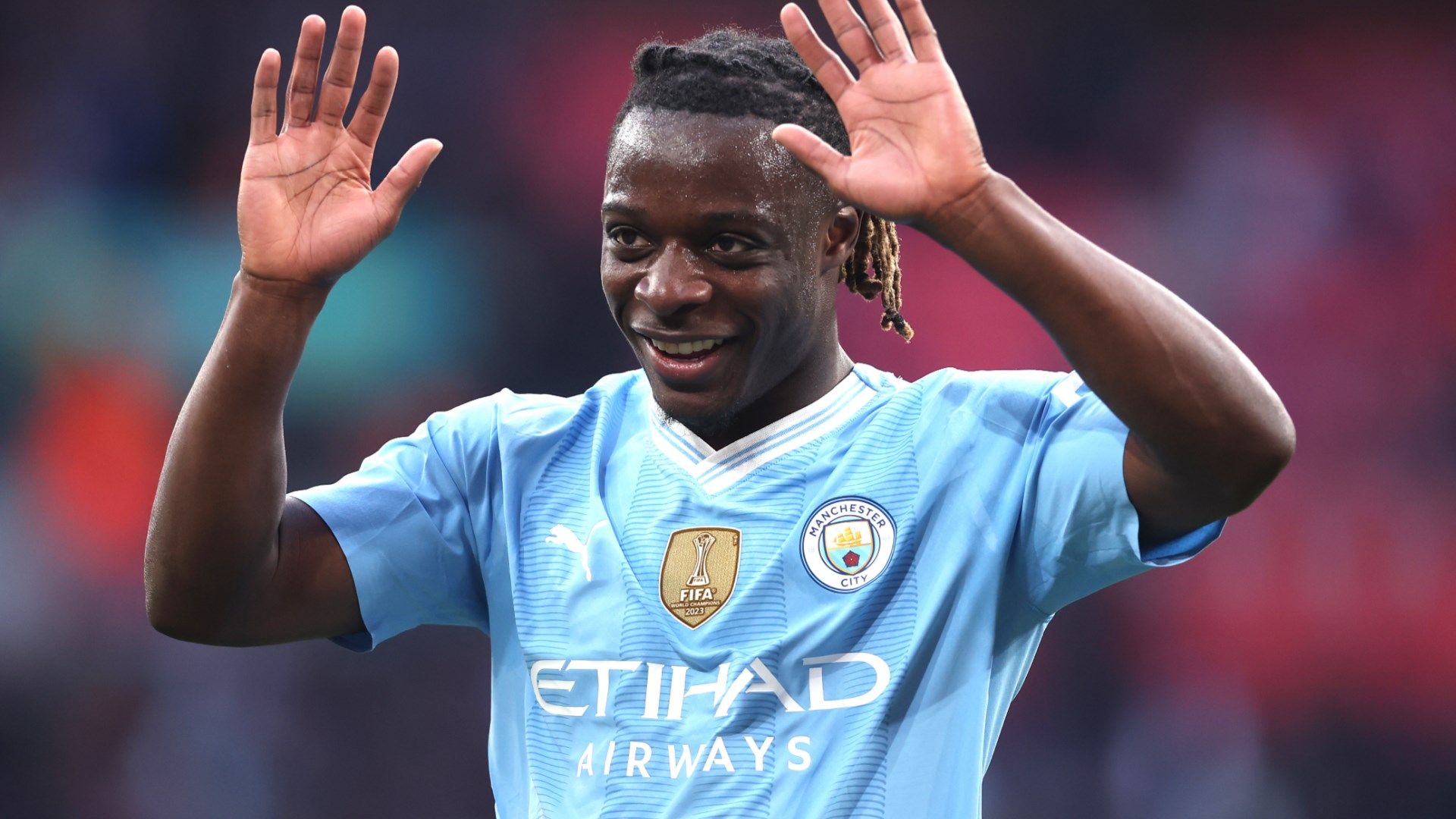.jpg?auto=webp&format=pjpg&width=640&quality=60)
